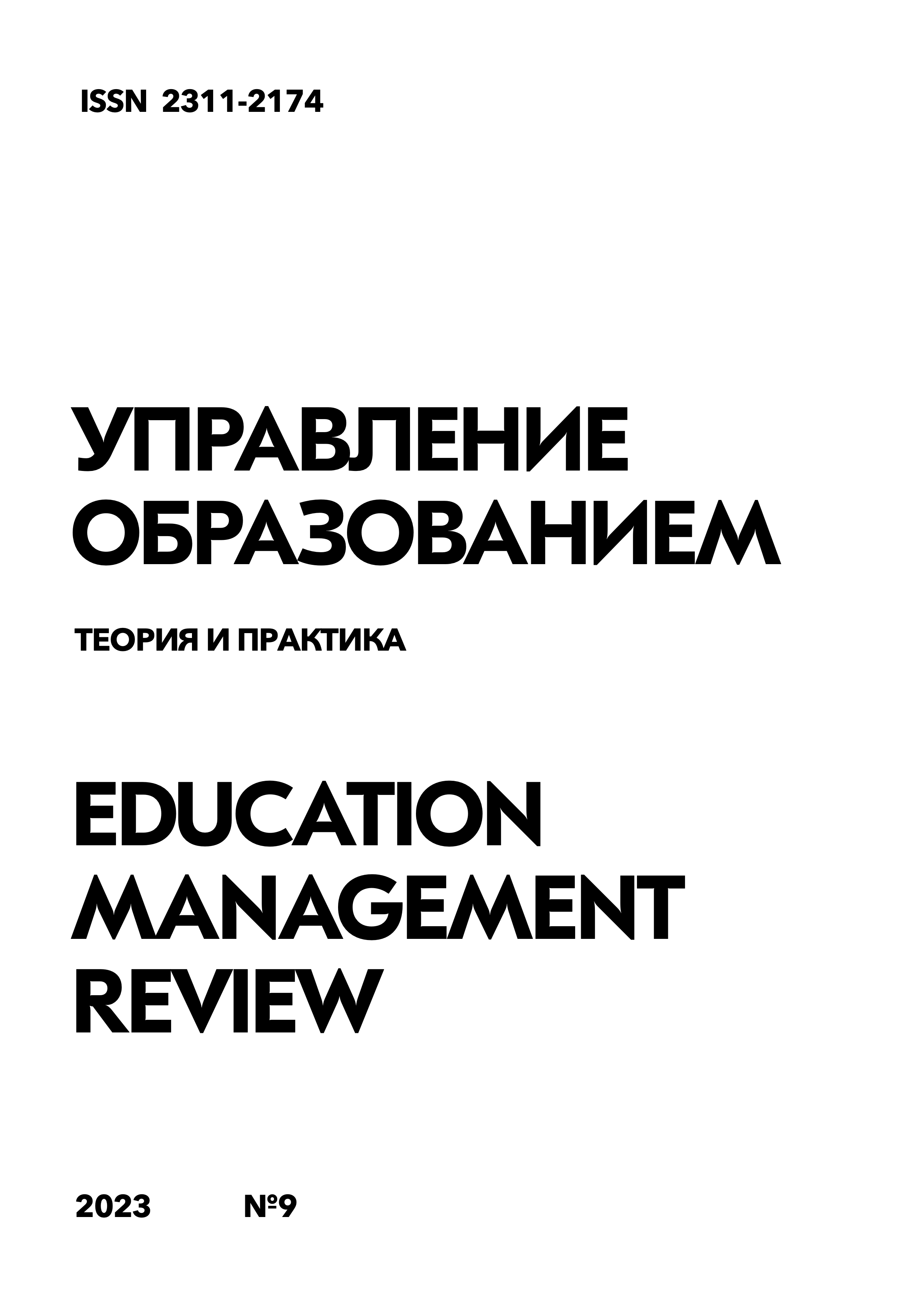Psychological and pedagogical conditions for the development of social interaction skills in autism
DOI:
https://doi.org/10.25726/f2878-4501-7496-gKeywords:
children with autism spectrum disorder, story-role play, communicative function, communicationAbstract
The article attempts to optimize the psychological and pedagogical conditions for children with autism spectrum disorders. A description of the symptoms in autism in relation to the communicative function, communication, as well as a brief analysis of the possibilities of a role-playing game in children of this category is given. It is pointed out that the main emphasis in creating psychological and pedagogical conditions should be placed on a role-playing game that has all the signs of communication between adults surrounding a child with autism. As a result of the development of gaming skills in a children's team, a child with ASD will be able to better navigate among his peers. It is by means of role-playing games that adults can lead a child with ASD out of their activities with objects into the world of real relationships. However, the transformation of objective activity into a role-playing game consists in the fact that now the child's actions with objects are introduced into a new area of relationships with reality and a new emotionally attractive activity. As a result, they rightly acquire a new meaning. Thus, in the development of a preschooler, thanks to the role-playing game, new directions arise. D.B. Elkonin implies that directly in the game there is a transition from motives that have a conscious, affectively colored form, immediate desires, to motives that have the form of generalized goals that are on the verge of consciousness.
References
Бетанова С.С. Детерминанты профессиональной готовности психолога к работе с детьми-инвалидами: специальность 19.00.03 "Психология труда, инженерная психология, эргономика": автореферат диссертации на соискание ученой степени кандидата психологических наук. Москва, 2017. 22 с.
Блейлер Эуген. Руководство по психiатрiи: С. 51 рис. в тексте / Dr. E. Bleuler, орд. проф. психиатрии в Цюрихск. ун-те; Пер. с доп. по последнему 3-му нем. изд. д-ра А.С. Розенталь. Берлин: т-во "Врач", 1920. X, 538 с.
Евенко С.Л., Бетанова С.С. Исследование значимости факторов профессиональной среды психологов, работающих с детьми-инвалидами // Человеческий капитал. 2019. № S12-2(132). С. 477-485.
Либлинг М.М. «Игра в коррекции детского аутизма» // Альманах ИКП РАО (Электронное издание). 2014. №20 https://alldef.ru/ru/articles/almanah-20/igra-v-korrekcii-detskogo-autizma
Левченко И.Ю. Психолого-педагогическая диагностика: учеб. пособие: для студентов высш. пед. учеб. заведений; Под ред. И.Ю. Левченко, С.Д Забрамной. Москва: Academia, 2003. 318 с.
Семакова Е.В. Психологическое сопровождение успешной школьной адаптации детей с синдромом дефицита внимания с гиперактивностью на индивидуальном и семейном уровнях // Фундаментальные исследования. 2014. № 11-11. С. 2529-2532.
Семакова Е.В. Психовегетативный синдром при легкой закрытой черепно-мозговой травме и его коррекция: специальность 14.00.13: диссертация на соискание ученой степени кандидата медицинских наук. Санкт-Петербург, 2002. 170 с.
Сигунов В.Н. Воспитательное пространство территориального образовательного комплекса: возможности и перспективы // Народное образование. 2015. № 10. С. 31-34.
Сигунов В.Н. Коммуникация как метод в проектной учебной деятельности // Школьные технологии. 2019. № 4. С. 102-109.
Федеральная государственная информационная система «Федеральный реестр инвалидов» - https://sfri.ru/




